22 April – 09 June 2017
Barcelona
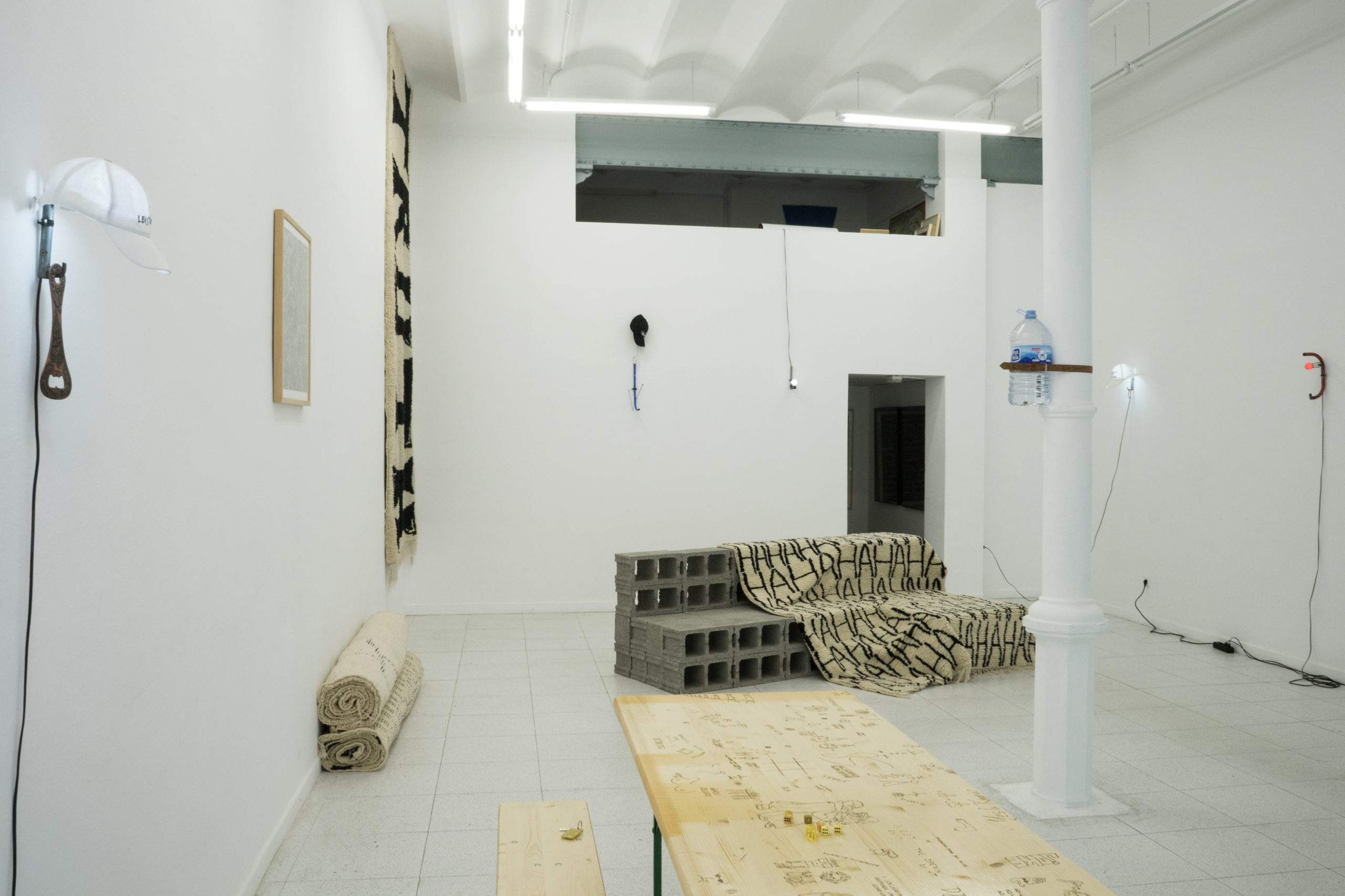
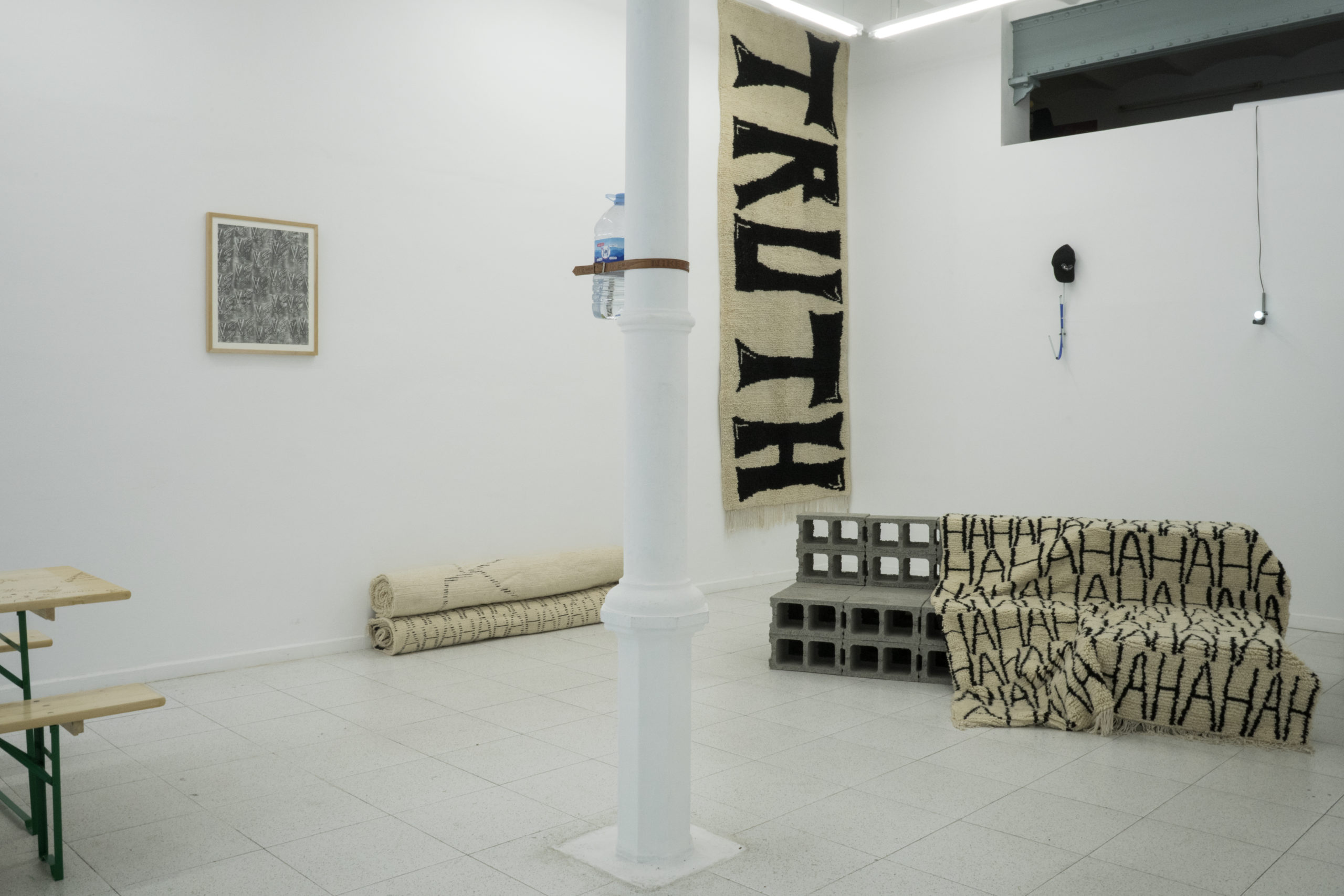






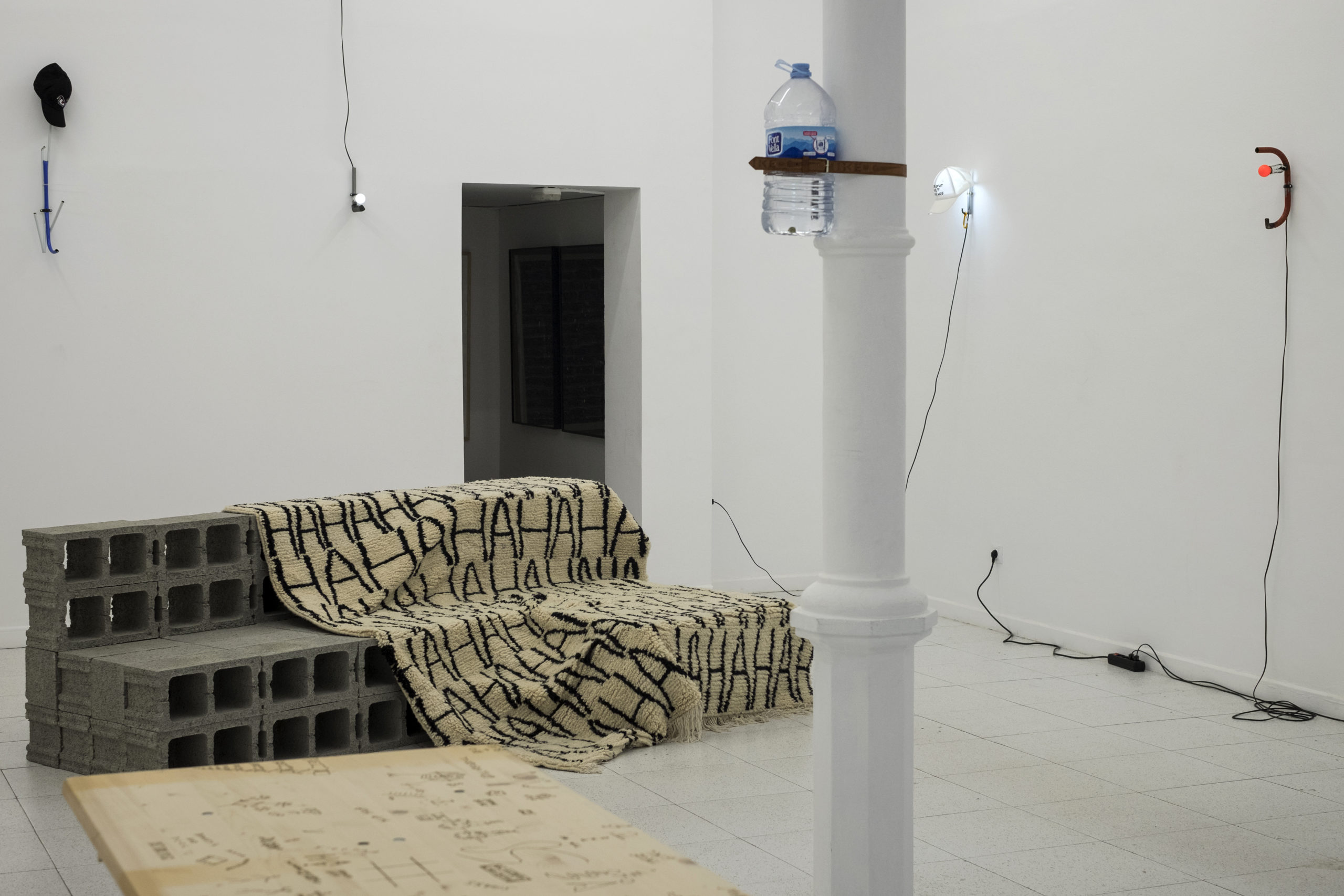

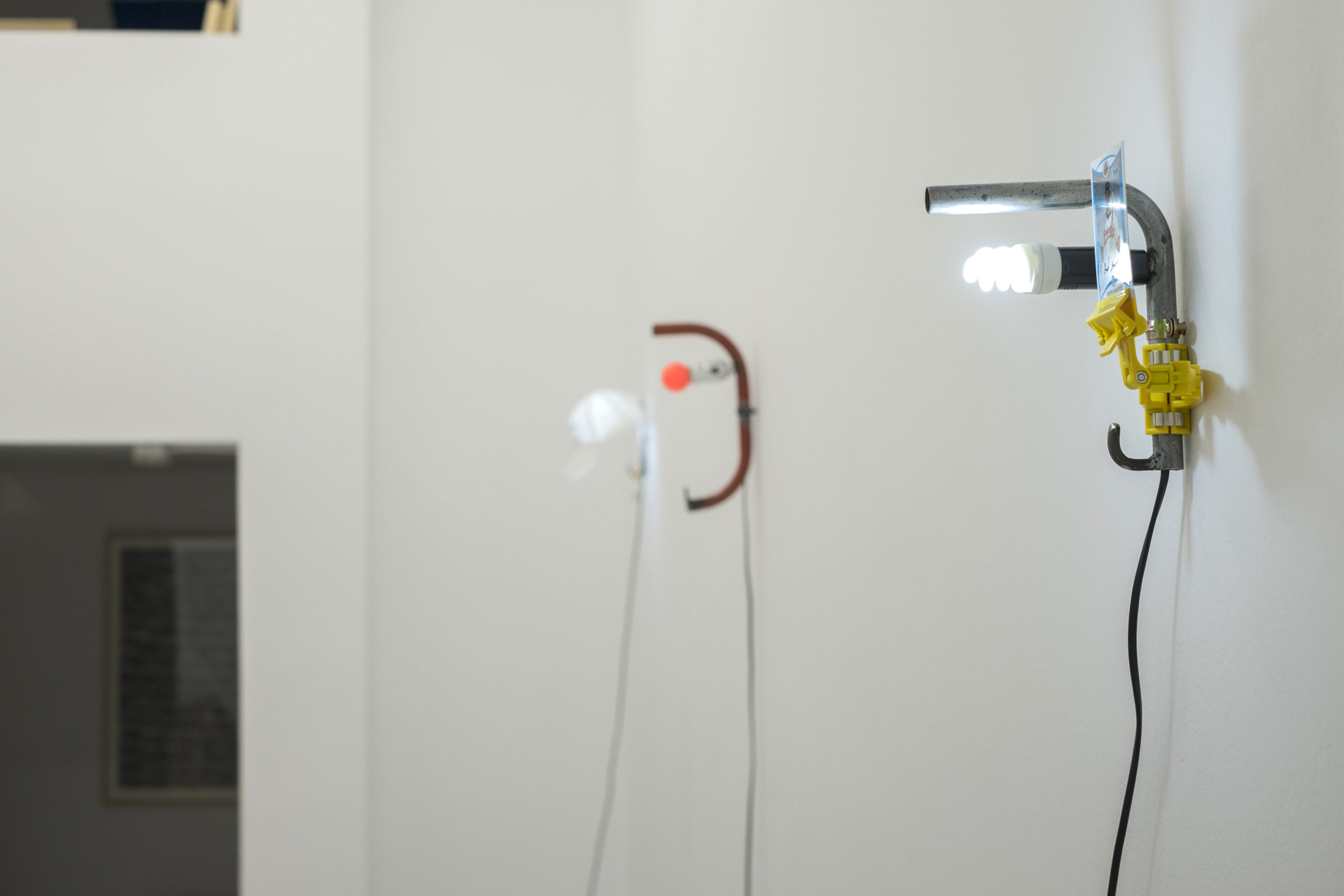
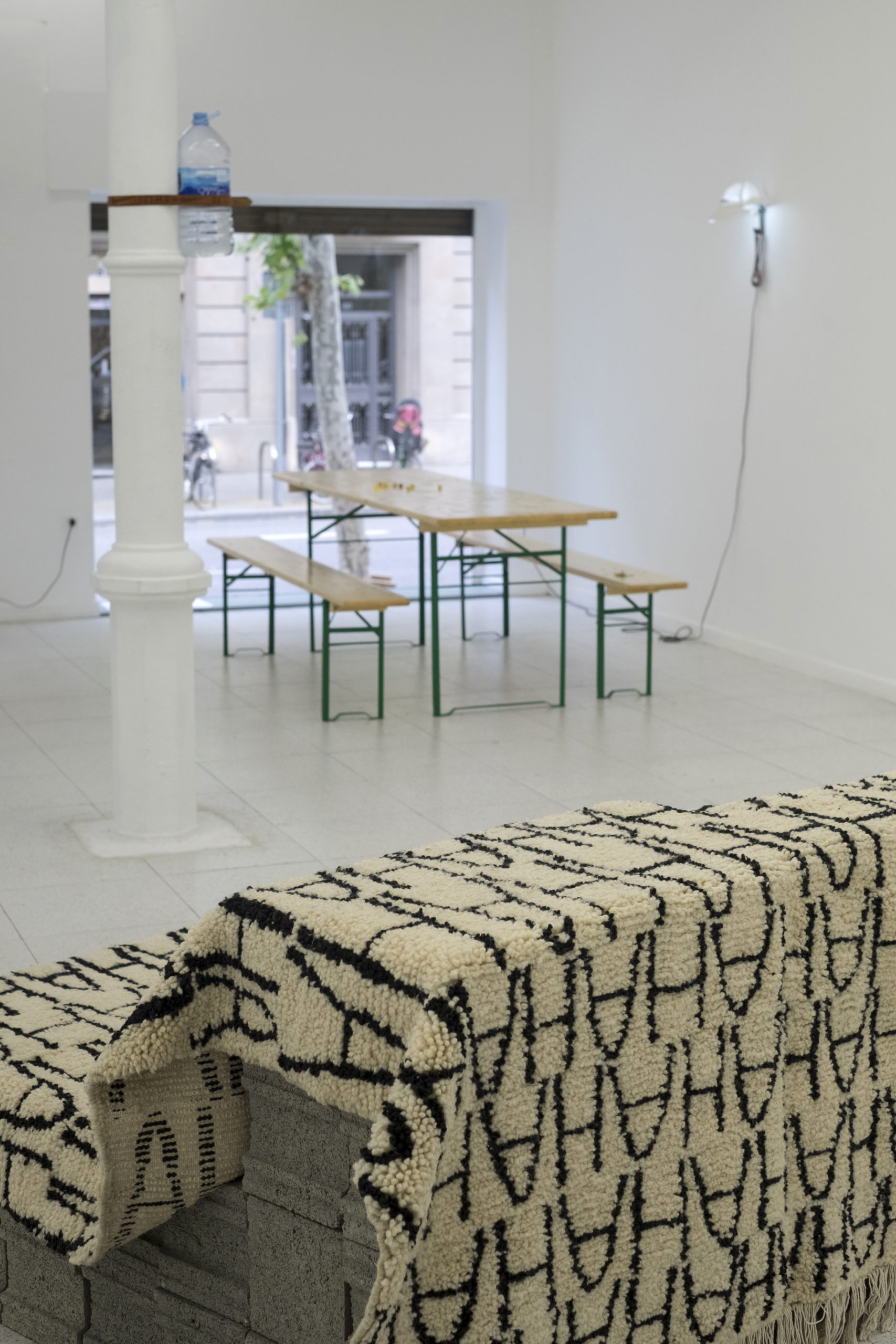
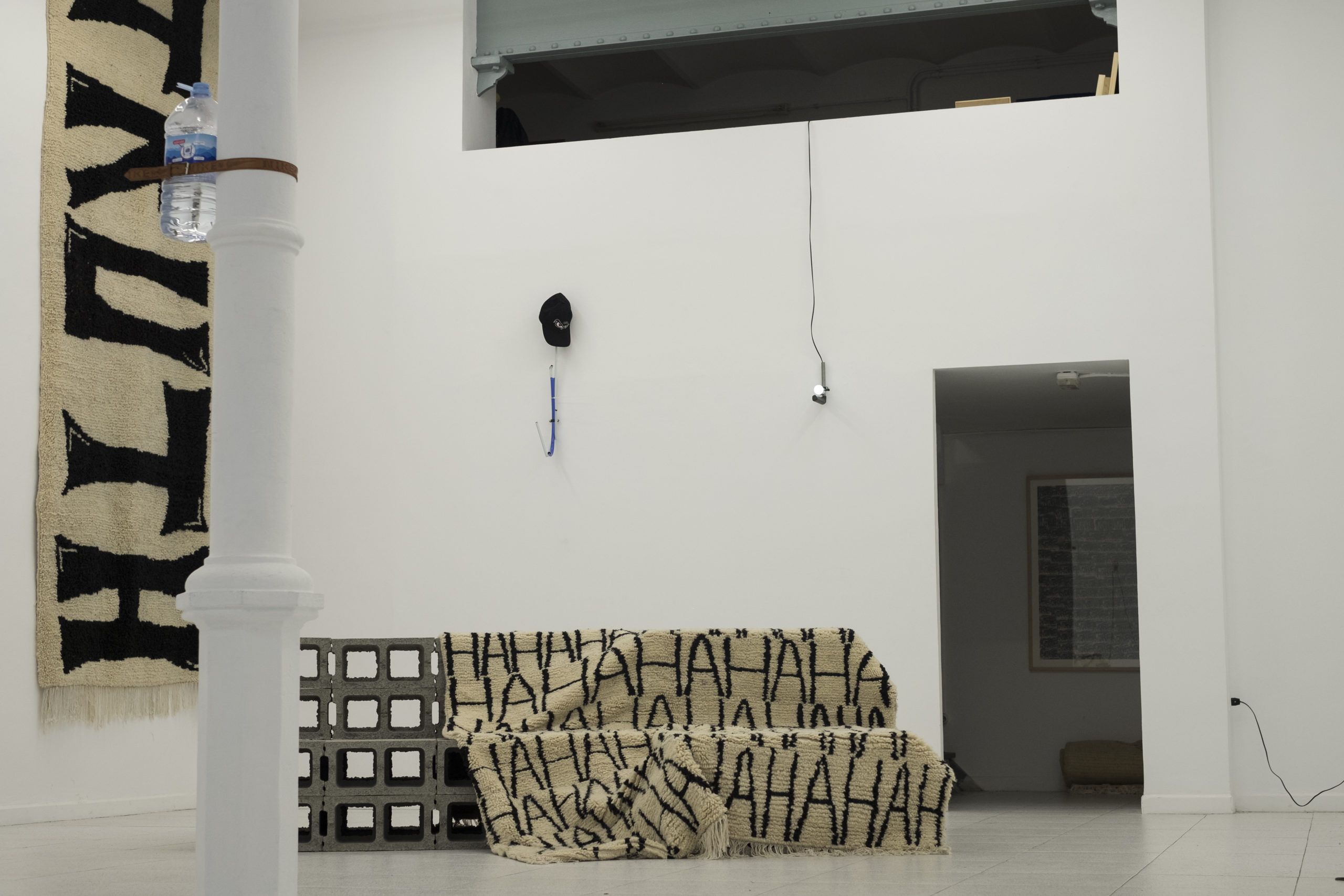
know more about
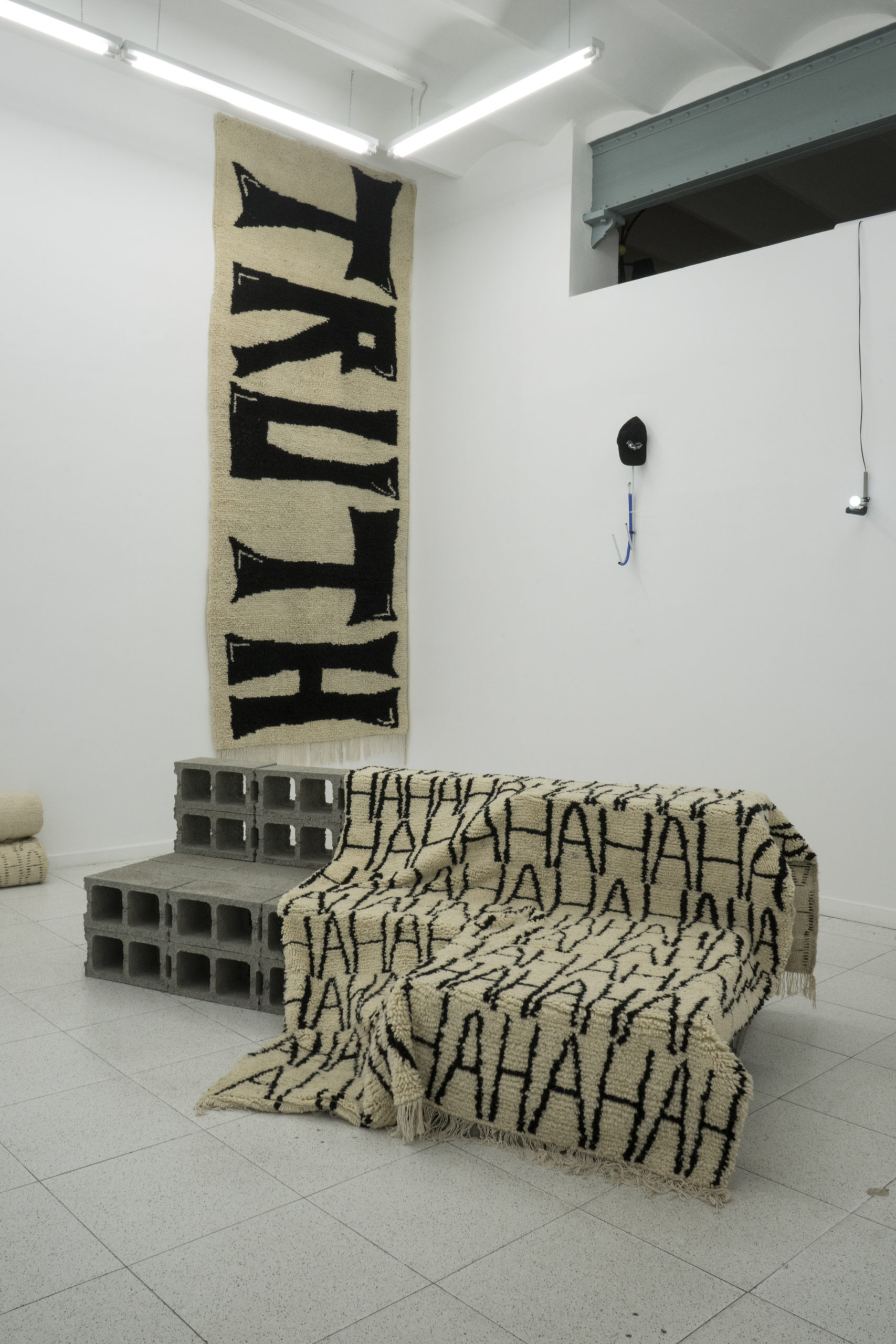
Leisure is the time of the comic strip, of the superficial reading, of the short stories, of the still and the snapshot, of the accumulation in series and volumes. Leisure is free time, the empty space that work determines as the opposite reflection.
For the contemporary artist leisure is full-time, a single thing – everything is productive: the trip, the conversation, the party, the clothes, the food; all his decisions inform and shape his work. It is obvious is in the work of Josep Maynou that lifestyle is identity and this is product. The lamps made with caps, the rugs, the pop references of the nineties, the table and the sofa where weekend stories are recalled – everything is as much a stage for the performance of the absent person that inhabits it, as a series of designs for modern life that the same Maynou incarnates like a paradigmatic user.
The objects of the artist operate in the field of functionality but stretch their limits to humour. The artist, who is and is not that character at the same time, enters and leaves the environment he creates for his tales. His stories, such as photographs posted in a fragmented sequence on Insta- gram, are used both as a script and a starting point for their materialization in objects, as well as scenography for his performative narrations.
The stories that Maynou explains in his performances are a mixture of references from the global and culturally homogenized world. They explain the chronicles, in a stand-up comedy format, of the eternal uprooted young globetrotter, the global western individual, the sailing of the hipster through contemporary life.
From this self-awareness of a position of inherent privilege, Maynou works with artisanal processes of production in the rural Moroccan desert where he is no longer the ethnographer, the exporter of authenticity, or the agent of the exotic gaze. In his stays in Morocco, Maynou lives and meets a com- munity with traditional skills, such as the ones he uses to make his carpets showing phrases, drawings of the artist – notes made into icons – that will later be the background of his books and illustrations.
In the same way work the posters of a fictional film, present in Maynou´s stories, commissioned to a craftsman in the area following the tradition of hand-painted ads.
These co-produced pieces imply a knowledge of the context and the creation of personal relationships with a community over time – a community that integrates the artist’s proposals in their work not without scepticism and a critical distance, which involves a negotiation of the issues and a constant questioning of the conventions of representation on both sides, ending at a mid-point of agreement -. The carpets, like the posters or the shoe shine box, are inevitably transfigured when they enter the space of contemporary art, but once again they become everyday objects as props of a performance, a dynamic that also embodies the tradition of orality and the transmission of stories in the domestic environment.
There is in these particular conditions of production, in the round trip, in the clash of contexts, a constant tension, which shows that all materials and all objects incorporate their own stories and are a testimony of a system: they always imply a series of responsibilities in the chains of contemporary production – of relations of power and structural inequality, of environmental consequences, of perpetuation of the socio-economic polarization that globalization entails -.
In the era of indirect production, where the anonymity of the producer and the mediation of technology are the starting point, we must look at what Maynou does as an approximation to the network of human relations involved in collective processes of creation and preservation of secular traditions and icons, moving between the space-time of labour, leisure and the individual who performs it permanently.
Sira Pizà
